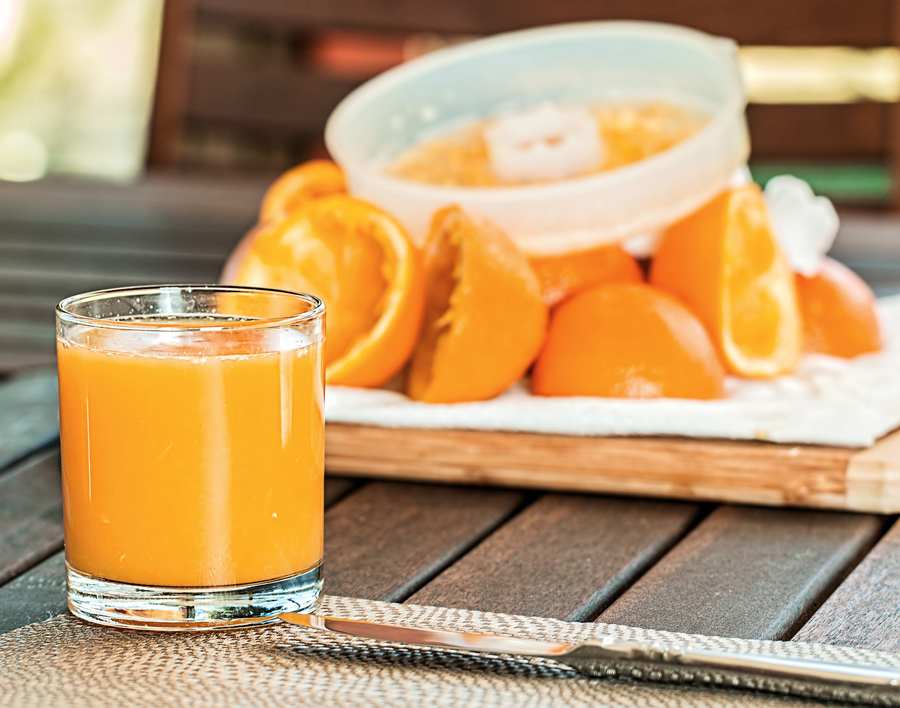Too many of today’s athletes believe carbohydrates are “bad.” If that’s true, what does the latest sports nutrition research say? The following studies, presented at the American College of Sports Medicine’s 66th Annual Meeting (Orlando FL, May 2019) indicate sports scientists agree that carbohydrates (grains, fruits, veggies; sugars, starches) can be health- and performance-enhancing sport foods. As you may (or may not) know, ACSM is a professional organization for sport science researchers, exercise physiologists, dietitians, doctors, and health-care providers for athletes (www.ACSM.org). Here are some answers to questions posed by ACSM researchers.
 Does sugar cause diabetes?
Does sugar cause diabetes?
No. The problem is less about sugar, and more about lack of exercise. Most fit people can enjoy a little sugar without fear of health issues. Muscles in fit bodies burn the sugar for fuel. In unfit bodies, the sugar accumulates in the blood. Fitness reduces the risk of developing Type 2 diabetes.
In a 6-week training study to boost fitness, 35 middle-aged men with over-weight or obesity did either endurance cycling, weight lifting, or high-intensity interval training. Regardless of the kind of exercise, all types of training improved the bodies’ ability to utilize glucose with less insulin.
These subjects had blood glucose levels within the normal range at the start of the study; their glucose levels improved with exercise. While we need more research to fine-tune the types of exercise that best manage blood glucose, rest assured that living an active lifestyle is a promising way to reduce your risk of type 2 diabetes.
Can natural foods replace ultra-processed commercial sports drinks and foods?
Yes, standard (natural) foods can be fine alternatives to commercial sport fuels. Look no farther than bananas! In a study, trained cyclists who enjoyed bananas (for carbs) plus water (for fluid) during a 46 mile (75 km) bike ride performed just as well as those who consumed a sports drink with an equivalent amount of carbs plus water.
Natural foods offer far more than just fuel; they contain abundant bioactive compounds that have a positive impact on health and performance. For example, after the ride with bananas, the cyclists had lower levels of oxylipins (bioactive compounds that increase with excessive inflammation) compared to the sports drink ride. Athletes who believe commercial sports foods and fuel are better than standard foods overlook the benefits from the plethora of bioactive compounds found in real foods.
Are potatoes—an easy-to-digest sports fuel—a viable alternative to commercial gels?
Yes. In a study, trained cyclists ate breakfast and soon thereafter competed in a 2-hour cycling challenge that was then followed by a time trial. For fuel, the subjects consumed either potato puree, gels, or water. The results suggest 1) both emptied similarly from the gut, and 2) potatoes are as good as gels for supporting endurance performance.
The cyclists completed the time trial in about 33 minutes when they ate the potato or the gel. This is six minutes faster than with plain water. Any fuel is better than no fuel!
 Is fruit juice a healthful choice for athletes?
Is fruit juice a healthful choice for athletes?
Yes, fruit juice can be an excellent source of carbohydrate to fuel muscles. Colorful juices (such as grape, cherry, blueberry, orange) also offer anti-inflammatory phytochemicals called polyphenols. In a study, subjects did muscle-damaging exercise and then consumed a post-exercise and a bedtime protein recovery drink that included either pomegranate juice, tart cherry juice, or just sugar. The protein-polyphenol beverages boosted muscle recovery better than the sugar beverage.
Does carbohydrate intake trigger intestinal distress for ultra-marathoners?
Not always. During a 37 mile (60-kilometer) ultra-marathon, 33 runners reported their food and fluid intake. They consumed between 150 to 360 calories (37-90 g carb) per hour, with an average of 240 calories (60 g) per hour. This meets the recommendation for carbohydrate intake during extended exercise (240-360 calories; 60-90 g carb/hour). The majority (73%) of runners reported some type of gut issues. Of those, 20% of the complaints were ranked serious. Interestingly, the GI complaints were not linked to carbohydrate intake or to gut damage. In fact, a higher carbohydrate intake potentially reduced the risk of gut injury. (More research is needed to confirm this.) Unfortunately, runners cannot avoid all factors (such as jostling, dehydration, and nerves) that can trigger intestinal problems.
We know that consuming carb during extended exercise enhances performance, but does it matter if endurance athletes consume a slow-digesting or a fast-digesting carbohydrate prior to extended exercise?
Likely not, but this can depend on how long you are exercising, and how often you want to consume carbohydrate. Well-trained runners consumed 200 calories of carbohydrate in UCAN (slow-digesting) vs. Cytocarb (fast-digesting) prior to a 3-hour moderate run during which they consumed just water. At the end of the run, they did an intense sprint to fatigue. The sprint times were similar, regardless of the type of pre-run fuel.
That said, the slow digesting carb provided a more stable and consistent fuel source that maintained blood glucose concentration during the long run. Hence, endurance athletes want to experiment with a variety of beverages to determine which ones settle best and help them feel good during extended exercise. A slow-digesting carb can help maintain stable blood glucose levels without consuming fuel during the run. Fast-digesting carbs need carbohydrate supplementation throughout the exercise to maintain normal blood glucose.
Concluding comments: These studies indicate carbohydrate can help athletes perform well. To be sure your muscles are fully fueled, include some starchy food (wholesome cereal, grain, bread, etc.) as the foundation of each meal. Consuming carbs from just fruit or veggies will likely leave you with inadequately replenished muscle glycogen. Think twice before choosing a chicken Caesar salad for your recovery meal.
Nancy Clark, MS, RD counsels both casual and competitive athletes at her office in Newton, MA (617-795-1875). Her newly updated Sports Nutrition Guidebook is now available in a new sixth edition. For more information, visit NancyClarkRD.com. For her popular online workshop, visit NutritionSportsExerciseCEUs.com.
